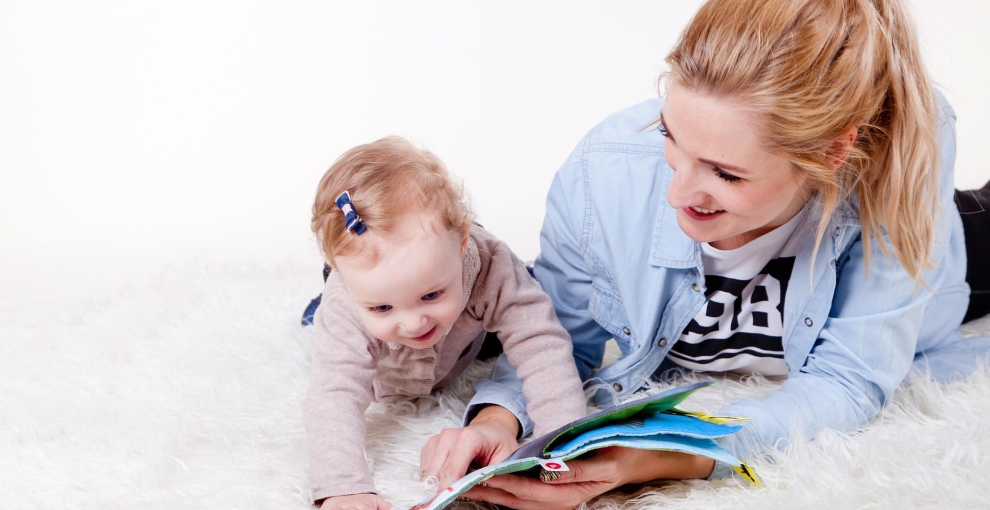LATEST STORIES
Read to your child
Reading is at the centre of education, and parents and caregivers who read to their children play a vital part in laying the foundation for their children to love books and reading.
Babies are born with about 200 billion active brain cells and, given the right kind of stimulation, each of these individual brain cells is capable of making up to 20,000 connections between them. These connections are the result of the stimulation that children receive in their early years, and they form the basis for children’s future learning.
As parents talk, read, sing, and play with their children, the links between brain cells become stronger, and new links are formed. Regularly reading to your children in particular has a hugely positive effect on the brain.
A loving connection
Reading with loving, caring parents or caregivers helps children to grow in self-confidence. The simple act of sitting down on the sofa to read a story, or cuddling up in bed with a book at night, helps increase children’s self-esteem and maturity, exposing them to a wide range of problem-solving techniques and sparking their curiosity about people, places, and things.
Reading with your child builds a strong bond that improves the relationship between parents and children, giving you the chance to explore and think creatively together. If you take the time to treat reading as an enjoyable, exciting time together, by the time your child goes to school and learns to read, they will think of reading as a wonderful adventure, not something to be dreaded or treated as bothersome homework.
Reading aloud is magical
From the time they are newborns, children want to be held closely and spoken to in a loving, soothing manner.
Reading aloud is another form of communication with your children. As your children grow, the time spent reading aloud to them becomes even more special as it will give both of you a calm, focused opportunity to spend time together, and strengthen your bond.
Don't be afraid to have fun with different voices and sound effects, and if your child interrupts the story to ask questions or make comments, as that's all part of the learning and reading process and shows they're thinking critically and engaging with the story.
Tip
Encourage your child to think of some alternative versions of their favourite story – this is a great way to encourage creativity. For
instance: What starts out as a bear hunt could become an African safari, or the Big Bad Wolf might turn out to simply need a friend and he moves in with the Three Little Pigs!
Read more about what learning and development happens through books and storytelling with BestStart's 16 Areas of Play.



